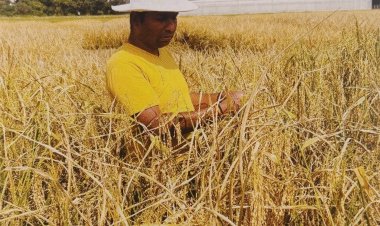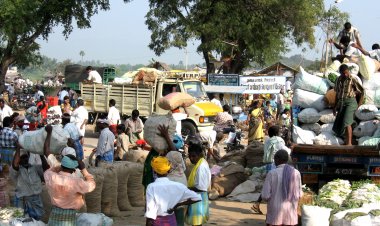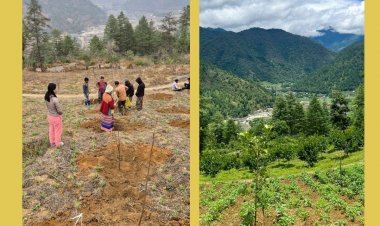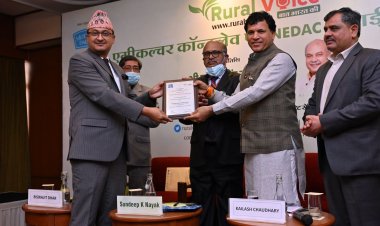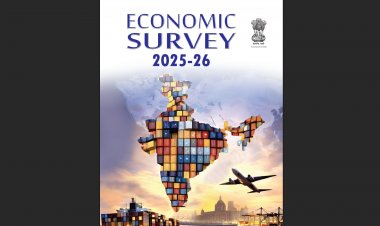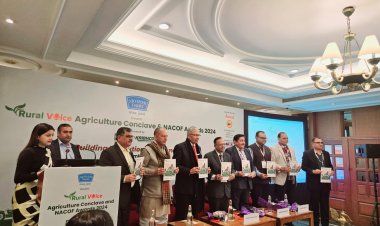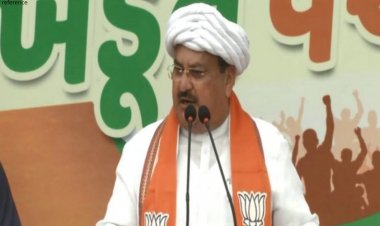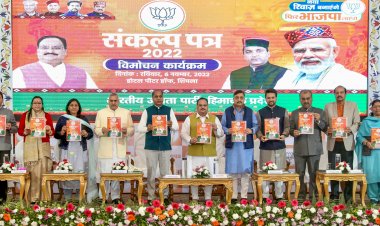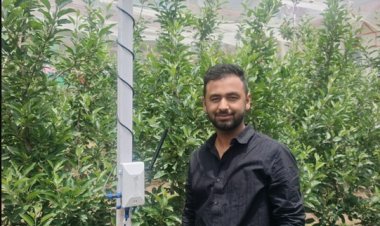Don't dismiss farmers as vote banks; India Inc treating them as partners must be the way forward
In a democracy as vibrant as India, the political economy cannot be overlooked by corporates. Governments are elected by the people, who have the first claim on the political powers. But the people who choose governments and leaders are disdainfully referred to as “vote bank” or VB. India Inc must realize that however much you deride the vote bank, you cannot wish away the VB. Better work with them for the good of all.
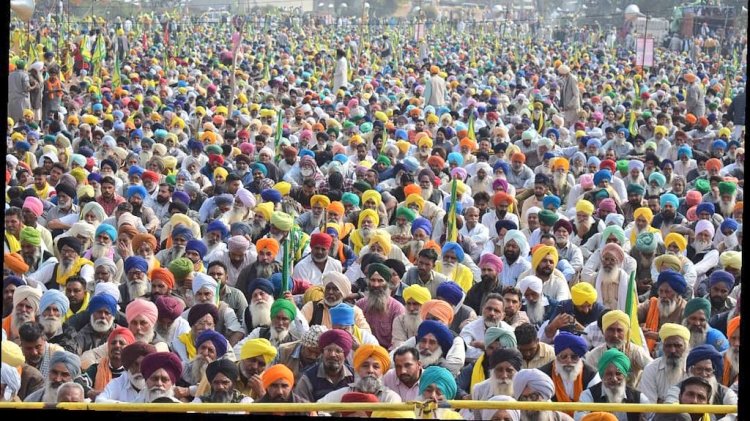
In a democracy as vibrant as India, the political economy cannot be overlooked by corporates, including multinational companies. Governments are elected by the people, who have the first claim on the political powers. But the people who choose governments and leaders are disdainfully referred to as “vote bank” or VB.
VB has become a bad word, though it is the vote which must influence a government's priorities. Why? Because it is the vote which chooses the government. You cannot have a situation where voters are dismissed as VBs and some know-alls preach them about “sound economic principles”. Something similar is the case with India Inc; instead of correctly reading the popular opinion on the ground, they end up projecting themselves as adversaries when it comes to people-friendly policies and decisions.
India Inc is generally not able to read the popular mood, especially when it comes to farmers. This was amply evident when a global beverage and snack food giant took on the Gujarat farmers, invoking what they called their patent on the dry variety of potato. The well-known potato chips MNC had claimed a penalty running into crores of rupees. While the company settled the dispute after a nudge from the government, it resulted in an application with the Protection of Plant Varieties and Farmers’ Rights Authority (PPVFRA) for revocation of the Certificate of Registration for the dry potato variety called FC5. While the ruling has resulted in the revocation of the registration of this particular potato variety, it shows how the corporate world is not at all empathetic with the most important stakeholders — be it farmers or the informal workforce.
The PPVFRA ruling coincided with a surcharged atmosphere of farmers' protests against three farm laws which have since been repealed. Farmers' issues also involve angst against the pending Seed Bill and the Electricity Amendment Bill over and above the demand for a legal guarantee for Minimum Support Price (MSP). Besides the repealed laws, the other two bills, touted as economic reforms, now face near-stoppage.
The common refrain of the opposition parties and the agitating farmers has been that the government went in for changes without comprehensive discussions and consultations with the stakeholders. In a way, the government has been at the receiving end of this criticism. After all, the buck must stop with the government.
But what about the corporates which want to claim a large piece of the Indian agriculture pie through means which are commonly perceived as 'short-changing'? This is not only bad in law and equity but also makes no business sense. After all, the farm economy involving food, vegetables, milk, edible oils, livestock and processing needs a huge amount of trust between the growers, the processors, the marketers and the consumers. The government's job is only to regulate if at all needed. Business must generally be built around confidence, which requires the handholding of farmers, not arm-twisting them into litigation and harassment. The PPVFRA order points towards this hardship.
“No doubts remain in the claim of Revocation Applicant that several farmers have been put to hardship, including the looming possibility of having to pay a huge penalty on the purported infringement they were supposed to have been committing which did not eventually happen as on date….”
Thankfully, the PPVFRA order went in favour of farmers; or else the government would have faced “We told you so....” tirade again. India Inc must realize that however much you deride the vote bank, you cannot wish away the VB. Better work with them for the good of all.
(Prakash Chawla is a New Delhi-based independent journalist)



 Join the RuralVoice whatsapp group
Join the RuralVoice whatsapp group

















